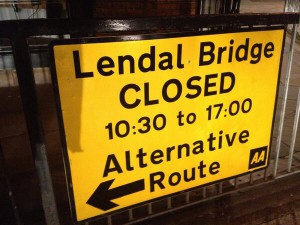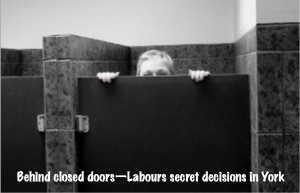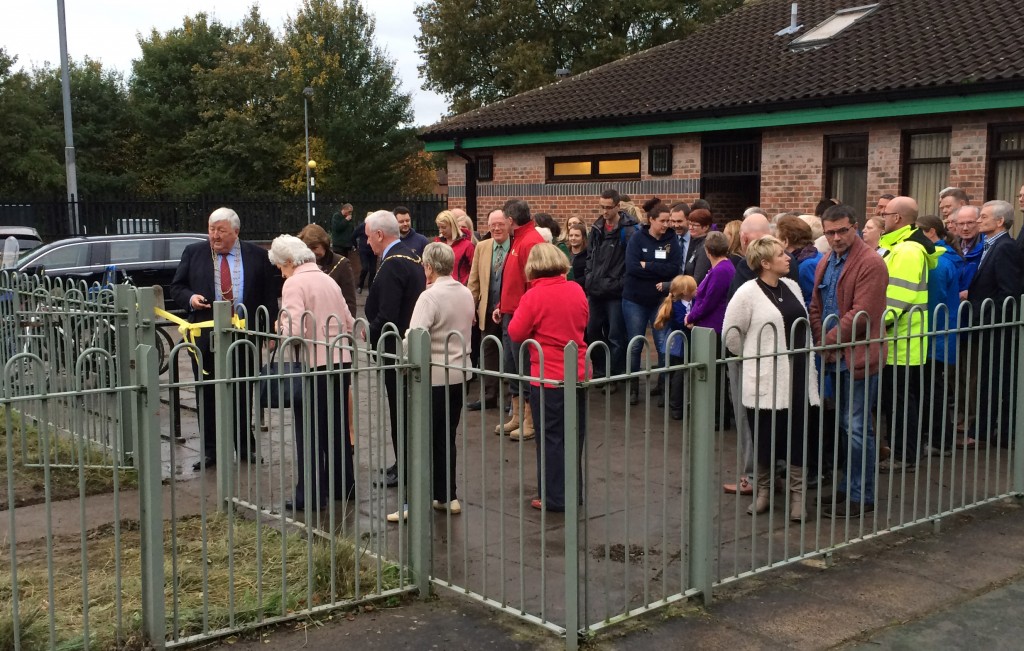As expected, the balance of power on many York Council committees swung away from Labour at a York Council meeting this evening.
As required by law, the membership of scrutiny, planning and other committees will reflect the proportion of the seats held by the different parties on the Council.
The chairs of scrutiny committees will be taken by opposition Councillors.
Amongst the appointments, Andrew Waller will chair a committee that deals with Economic and City Development, Ann Reid will chair the Planning Committee and Nigel Ayre will head the influential Audit and Governance Committee.
But the key Cabinet posts will all continue to be held by Labour. Worryingly the Council chose not to reduce their delegated powers.
In effect this gives a huge advantage to the 8 full time Labour Councillors who will continue to hold the posts.
York residents will expect the various groups on the Council to put the City first and come up with a workable system which will see the Council through to the local elections next May
It will need to be a transparent system which can also address the many problems which have increasingly dogged York in recent months.
Debts are mounting and time is running out




